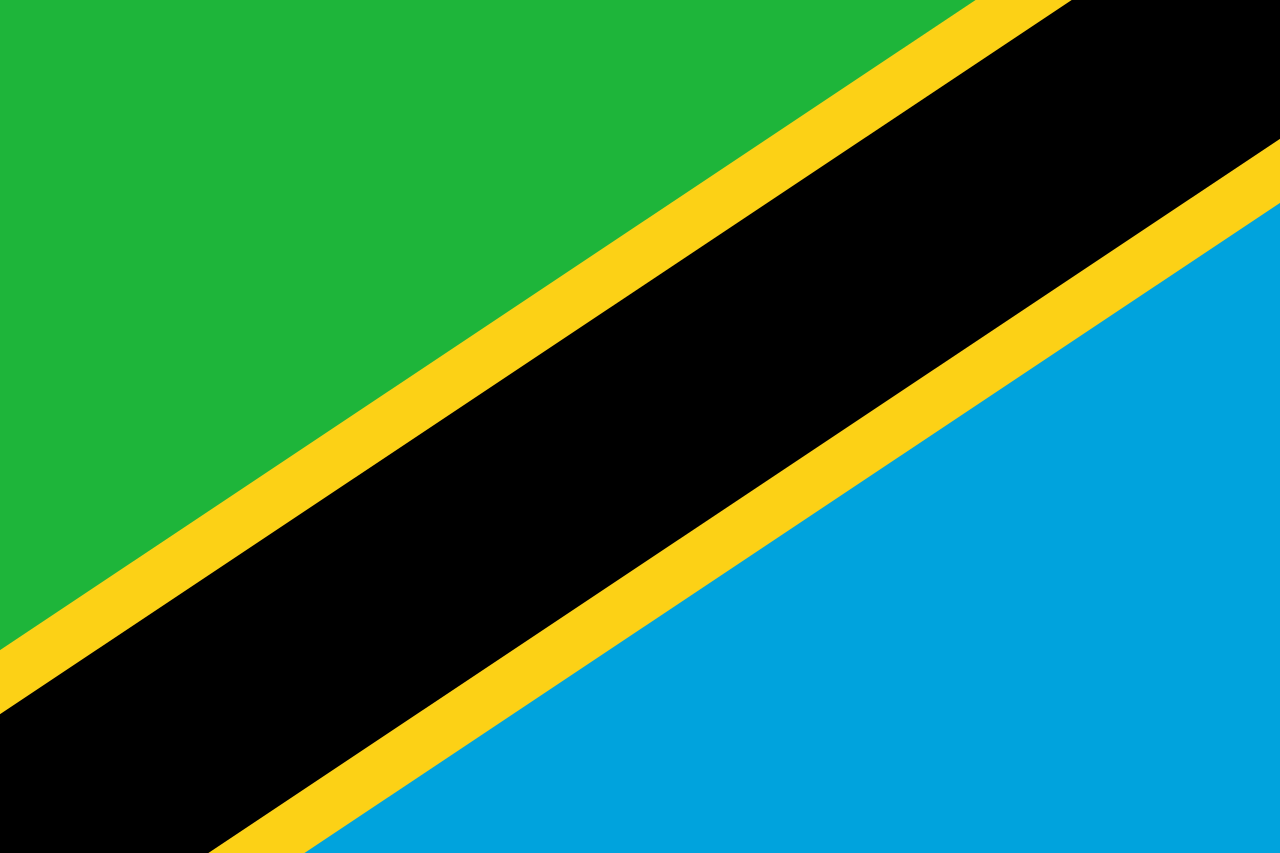DODOMA, Feb. 16 (Xinhua) -- Tanzania will starting in March scrap power rationing that began in December 2023, an official said on Friday in the national capital of Dodoma while reporting to the country's parliament.
Deputy Minister for Energy Judith Kapinga noted that as of Feb. 15, the Julius Nyerere Hydropower Project (JNHPP) has succeeded in undertaking trial runs for turbine number 9, adding that by March 2024 there will be two more turbines capable of generating 370 MW of electricity that will help reduce power rationing.
Tulia Ackson, the speaker of the parliament, directed the government to ensure that electricity rationing ends by June 2024.
The Tanzania Electric Supply Company Limited (TANESCO), a government-owned company, announced in early December 2023 the start of the connection of electricity from the mega JNHPP to the national grid.
The connection of electricity to the national grid is one of the completion stages in the construction of the dam, which will help reduce and eventually eliminate power rationing, said TANESCO in a statement about ongoing power rationing caused by water decline in hydropower dams. - Xinhua






